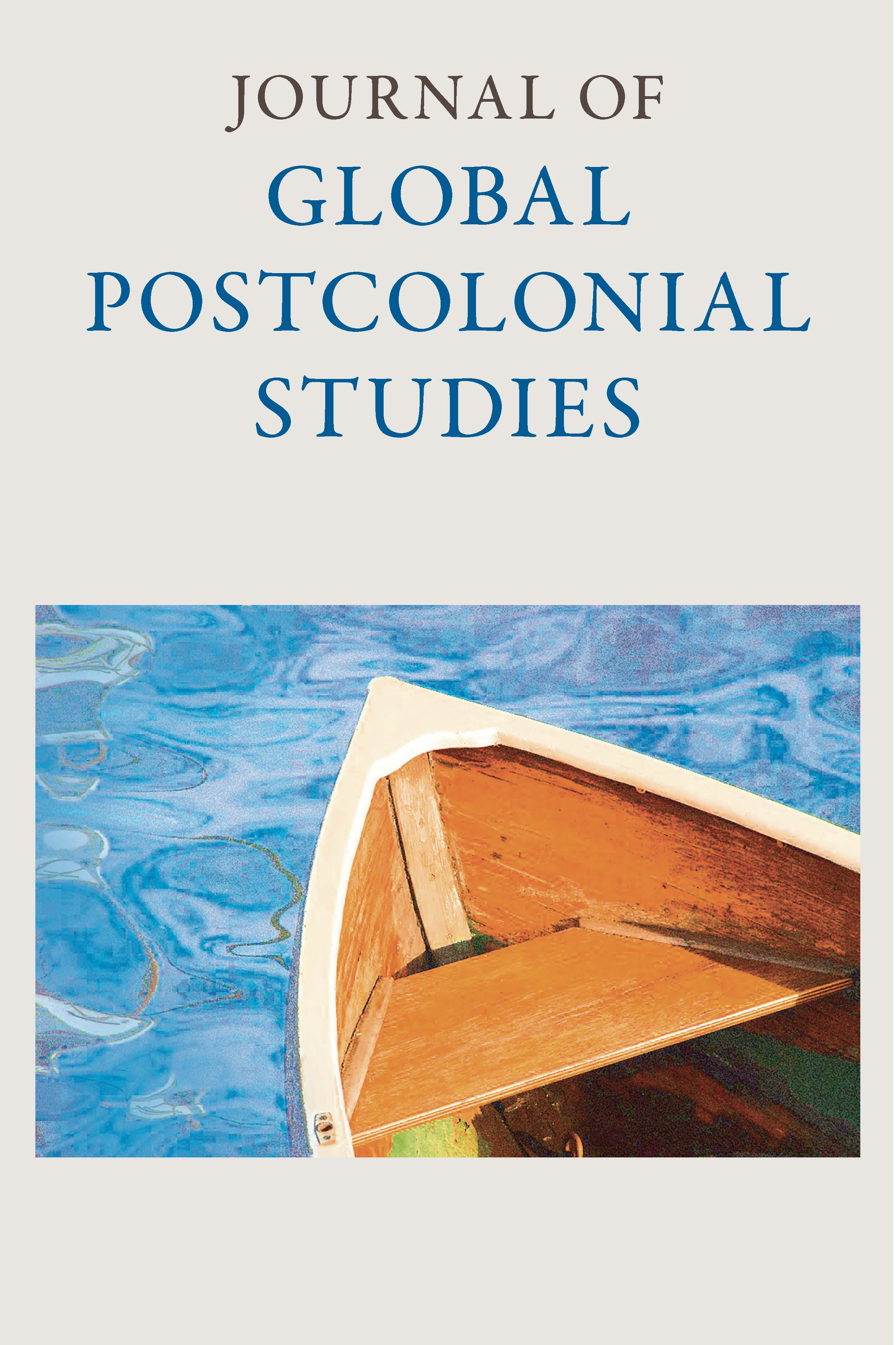Diaspora, Modernism, and Black Masculinities in Sam Selvon’s The Lonely Londoners and Andrew Salkey’s Escape to an Autumn Pavement
Main Article Content
Abstract
Following the transnational turn in modernist studies, and building on Stuart Hall’s and Nadia Ellis’s concepts of diaspora as key to understanding Caribbean modernism, this essay examines Sam Selvon’s The Lonely Londoners (1956) and Andrew Salkey’s Escape to an Autumn Pavement (1960) as the first wave of West Indian fiction that traces a black, male consciousness shaped by modernity and migration, one whose lived experiences and feelings of belonging in post-WWII London resist binarized understandings of colonizer and colonized. Selvon’s and Salkey’s fiction represents complex and conflicting senses of black masculinity as mediated by colonialism, bourgeois respectability, and whiteness. Migrant or middle-class, normative or queer, the various modes of black masculinity captured in the novels counter reductive attempts to ascribe one fixed identity, ideological position, or reality to Windrush flaneurs who might prefer walking the streets of London incognito.

